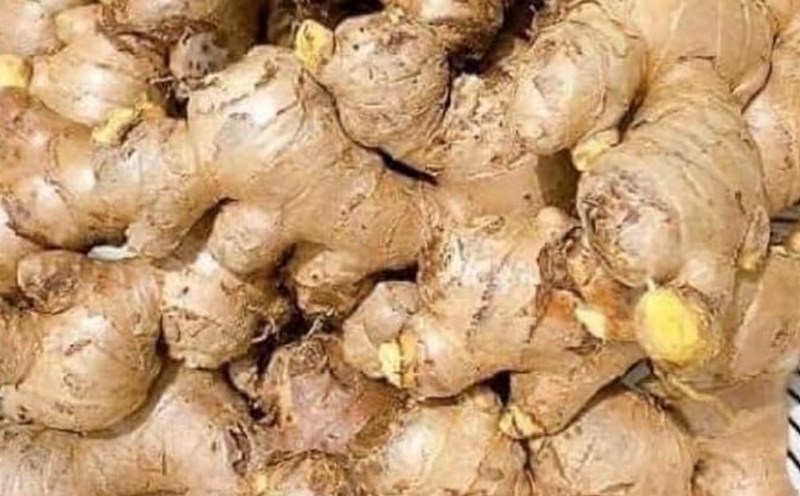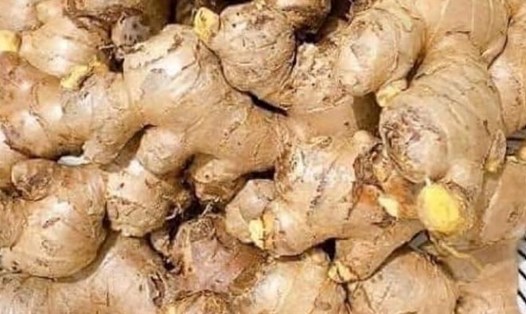100g of kale contains about 120mg of vitamin C, double the orange; along with large amounts of beta-carotene, vitamin K, potassium and fiber.
According to Harvard T.H. Chan School of Public Health, a group of cruciferous vegetables, including kale, contains glucosinolate compounds that can promote the activity of detoxification enzymes in the liver.
In addition to liver benefits, kale is also a kidney-friendly food. The rich potassium and water content helps the body maintain electrolyte balance, while stimulating the excretion of sodium and excess fluid.
A diet rich in green vegetables, especially kale, acts as a natural diuretic, helping to reduce pressure on the kidneys and support effective detoxification.
Not only that, kale also contributes to protecting the liver from fatty liver, an increasingly common problem.
Regularly adding cruciferous vegetables to your diet helps improve liver enzymes and reduce the risk of non-alcoholic fatty liver disease (NAFLD).
This is especially important for office workers, less active or people with a high-fat diet.
In terms of processing, kale can be flexibly used in many dishes.
A glass of green juice from kale, green apples and cucumber in the morning helps the body detoxify gently, while adding a large amount of antioxidants.
For main meals, kale salad mixed with olive oil and chia seeds is an ideal choice, both delicious and supportive of blood fat control.
Kale soup cooked with squash or carrots is a refreshing dish, suitable for the whole family, helping to cool down and relieve heat and diuretic.
However, experts also recommend that people with chronic kidney disease should be cautious when using kale because the high potassium content can be disadvantageous in some cases. Therefore, it is necessary to consult a doctor before supplementing in large quantities.







